Pakistan and Saudi Arabia have made peace after Yemen war rift: US security expert
Riedel believes that Army Chief General Raheel Sharif should be encouraged to help end the war in Yemen
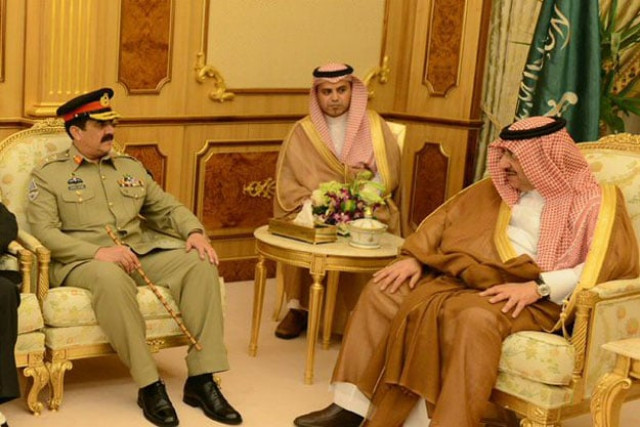
PHOTO: TWITTER
Last week, Chief of Army Staff General Raheel Sharif visited Riyadh and held meetings with King Salman, Crown Prince Muhammad bin Nayef and Defense Minister Prince Muhammad bin Salman, ending what the Saudi media dubbed as the ‘somewhat cool’ period.
Army chief arrives in Saudi Arabia on two-day official visit
Earlier in April, Pakistani parliament had unanimously decided against sending troops to join the Saudi-led coalition in Yemen.
The two countries have for years enjoyed very close relations with Pakistan sending thousands of soldiers to the Kingdom in the 1980s to counter any attack by Iran. Similarly, Saudi Arabia has financed Pakistan’s nuclear programme. The Kingdom is also home to 1.5 million Pakistanis who have moved there in search of employment. However, Saudi Arabia was heavily criticised in Pakistan after it requested assistance in the Yemen war.
Any threat to Saudi Arabia will evoke strong response from Pakistan: army chief
According to Riedel, army chief’s visit will greatly repair relations between the two countries. However, many Gulf royal families, especially in Abu Dhabi, have 'doubts about Pakistan’s reliability' despite having been offered reassurances that the country would come to the defense of the Kingdom and the two Holy cities, Makkah and Madinah.
Similarly, Riedel writes that many Pakistanis are closely monitoring the king’s son, Prince Muhammad bin Salman, who is also deputy crown prince as well as defense minister, as they have misgivings about the stability of the succession process in the Kingdom. The Saudi King has already removed one crown prince, his brother Prince Muqrin, this year without giving any explanations. Pakistanis are also aggrieved over the Saudi response to the Mina stampede during Hajj this year which left dozens of Pakistanis dead.
Pakistan welcomes end of Saudi-led military coalition in Yemen
With General Raheel Sharif set to visit Washington later this month, Riedel believes that he should be encouraged to help end the war in Yemen as Pakistan could play an important role in any peace agreement by providing security forces to oversee a ceasefire. He further maintains that given Pakistan’s long history of sending troops to the United Nations peacekeeping missions and its experience in managing Sunni-Shia tensions, Pakistan’s involvement in any peace process in Yemen would be essential.
This article originally appeared on Brookings


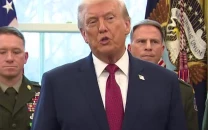
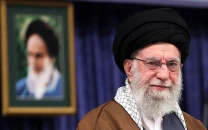
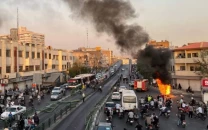
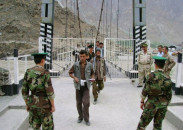













COMMENTS
Comments are moderated and generally will be posted if they are on-topic and not abusive.
For more information, please see our Comments FAQ